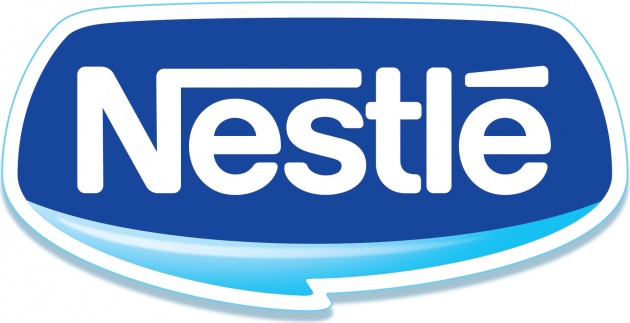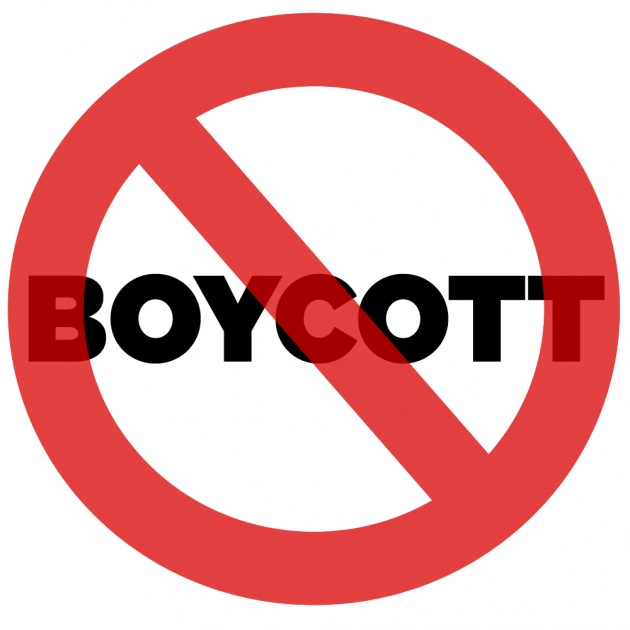Summary:
Infant milk formula is the most useful and popular product in USA and Europe and it became a powder to be mixed in a specific proportion with sterilized water which is a substitute for mother's milk. Nestle infant milk formula's company and other producers wanted to expand their sales by produce it in the developing countries in Africa. After that they used the same marketing techniques they had used in the American and European's Markets without caring about the customers complaints. One of the marketing techniques was advertising on billboards and in magazines and another one was distribution of free samples in hospitals to new mothers as well as to doctors. At this point these marketing techniques led Nestle to be boycotted for seven years, why? Because many of the women in Africa countries who received free samples were poor and when they returned back home to their villages they were unable to buy sufficient quantity of infant milk. And at the same time their beast milk dried up. The conclusion was they diluted it with local water which is not sterilized water. And the result was an increase in infant malnutrition and mortality. On the other hand the critics blamed the producer for the infant milk formula and their marketing techniques and the advertisement for the product showed a white woman feeding their infant for bottle which meant that the modern mother should use it rather than the breast milk. Another thing is the critics charged the woman who were given the free samples immediately after giving birth were more inclined to bottle feed. Another thing is the critics charged that Nestle knew that new mother' breast milk would dry up, and last thing they charged the representatives of the company who gave the mothers free samples were entering the rooms in the hospital as a nurses by wearing white. Because of the marketing techniques, a group called INFACT organized the boycott to apply the moral pressure on the producer of the product to charge their marketing techniques and also they asked the consumers to refrain from buying the product and they targeted Nestle the world wide corporation based in Switzerland. After that the boycott lasted to seven years and ended in January 1984. And the world Health Organization developed a code of marketing of breast milk substitute which Nestle and other companies agreed to follow.

What do you think:
- They didn’t have the obligation to charge its marketing techniques in developing countries.
- They didn’t have the obligation to join the boycott because their situation was different to the situation in Africa.

Opinion:
- When we penetrate a new market, we should understand the market and its culture very well because it is very important to know the minds of the people we are going to deal with. And according to our case the American and European's culture is totally different to the African culture.
- About the salespersons who wore as nurses, that idea wasn’t right at all because that means we were manipulating with them.
- About advertisement, we should use an African mother in the advertisement to let them feel comfortable with the product.
- We should care about the customers' complaints because it is very important to know their opinions about our product, and may be their complaints could help us to improve the situation of our product in the market.
- INFACT group was right about the boycott they did to let the Nestle Company and the producers know they were wrong about some aspects.
Written by Mohammed Hussein



